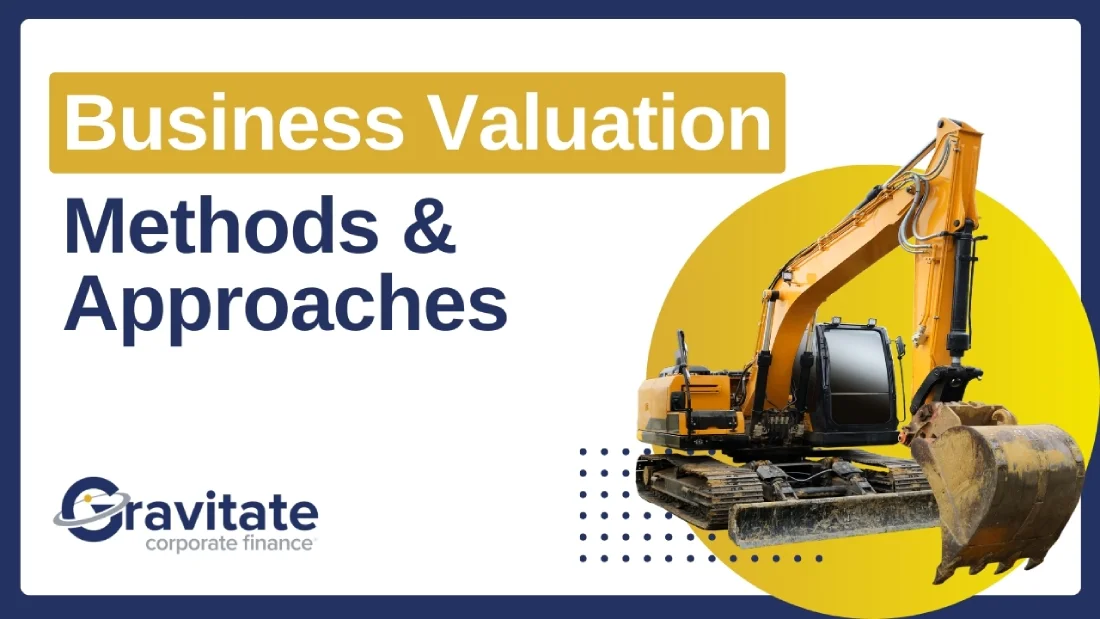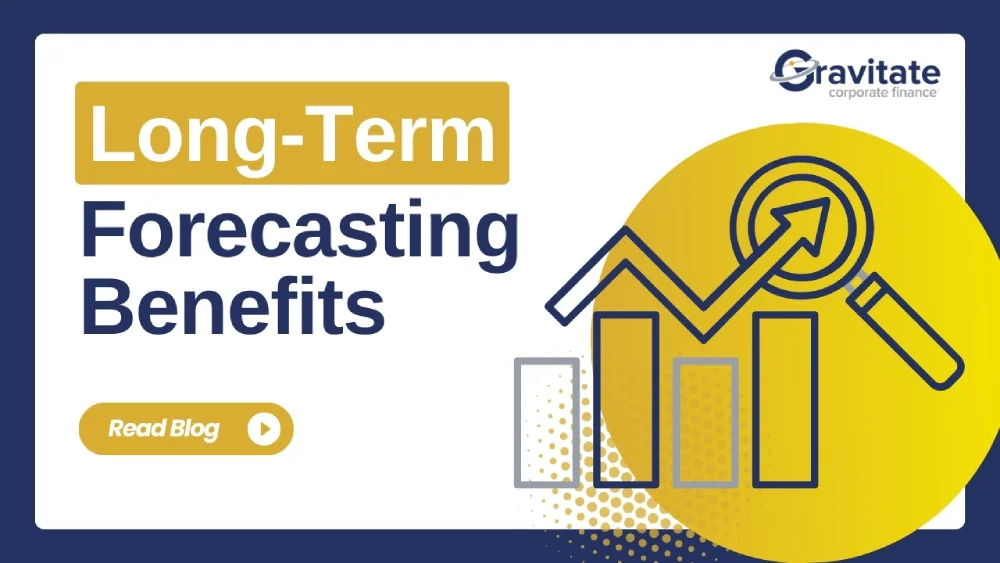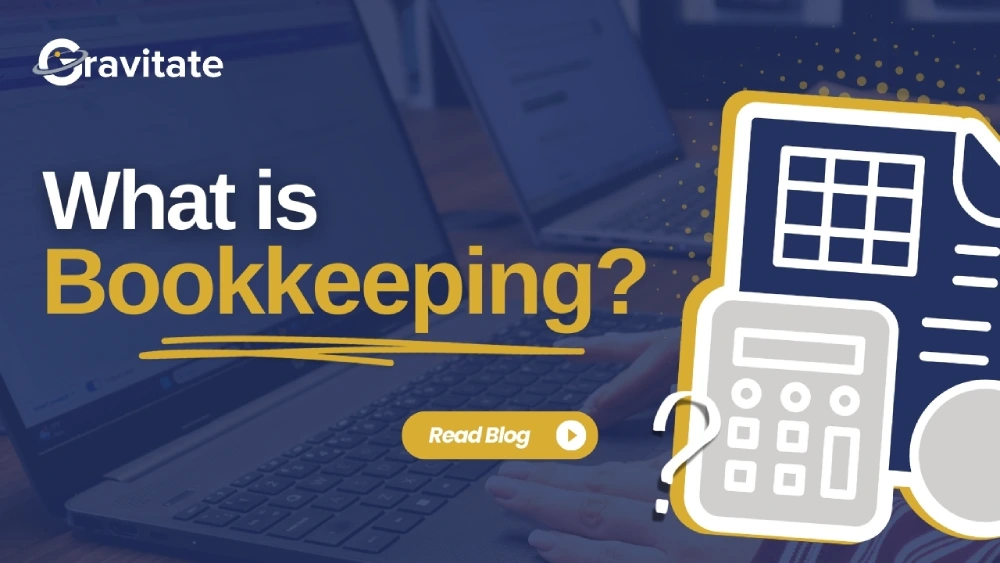One of the most important things to get right when setting up business in the UK is tax. In the UK, tax is administered by His Majesty’s Revenue & Customs, or HMRC. The UK tax system can be quite complex, so UK-based tax compliance and planning assistance is very important.
UK Corporation Tax
For each accounting period, UK limited companies (including subsidiaries of overseas parent companies) pay Corporation Tax on:
- Trading profits
- Investments
- Chargeable gains from selling assets for more than they cost
A company considered a UK tax resident is liable for Corporation Tax on its entire global profit, regardless of where the profit is generated.
If a company is not UK tax resident but maintains a physical office or branch within the UK, it is only required to pay Corporation Tax on the profits directly attributable to its UK-based business activities.
The UK Corporation Tax rate
The current main rate of UK Corporation Tax is 25%. This is paid by companies with profits exceeding £250,000. Smaller companies with profits of less than £50,000 pay a reduced “small profits rate” of 19%.
Marginal Relief for Corporation Tax
For companies earning between £50,000 and £250,000 Corporation Tax gradually increases between the small profits rate and the main rate. This is known as Marginal Relief. Please see the UK Government website for more information on rules.
It is essential to understand the specific rules that govern your company and the industry in which it operates.
VAT (Value Added Tax)
Value Added Tax, commonly abbreviated as VAT, is one of the most widely paid taxes in the UK, but it is also one of the most complicated. VAT is a type of tax on goods and services, levied at every stage of a company’s supply chain.
How VAT works for UK business
Companies that are VAT-registered must add VAT to the price of what they sell and then pass the collected VAT on to HMRC. The good news is businesses can reclaim any VAT they've already paid on things bought for their business.
UK VAT rates
There are three rates of VAT currently levied upon UK businesses. These are:
- The 20% ‘Standard’ rate, which applies to most taxable goods and services.
- The 5% ‘Reduced’ rate, which applies to certain goods and services that meet certain conditions.
- The 0% rate, which applies to certain items deemed essential, including most food and children’s clothing.
The 0% rate of VAT is different from being exempt from VAT. 0% VAT is still technically taxable, meaning businesses can recover some of the VAT. Exempt items mean no VAT is recoverable.
The VAT threshold
When a UK subsidiary pays VAT depends on its taxable turnover. The current VAT threshold is £90,000. This means if the total taxable turnover exceeds that number, the company most register and report on VAT. It is worth noting that if a company has taxable turnover below the threshold, it can voluntarily register.
VAT is one of the most complicated taxes in the UK system, and the content of this blog should be taken as a quick introduction only. Please consult a VAT specialist if you have specific queries about VAT and your UK subsidiary.
Employment taxes in the UK
Several additional taxes apply to businesses that employ staff in the UK. Some of these are paid by the business itself, and others are paid by employees but must be facilitated by the business.
Pay As You Earn (PAYE)
HMRC collects Income Tax and National Insurance contributions directly from employee wages through the Pay as You Earn (PAYE) system.
The responsibility of the business is to make sure they deduct the correct amounts from the employee’s pay and paying that sum to HMRC.
National Insurance Contributions (NICs)
National Insurance Contributions fund various UK state benefits and are levied alongside Income Tax. There are two main types of NICs that affect companies.
- Employee’s National Insurance is deducted from the employee’s wages.
- Employer’s National Insurance is an additional sum that is paid by the employer on top of the employee contribution.
There are different types (or “classes”) of National Insurance, which determine what contributions must be made. These are affected by whether the person is an employee or self-employed, and what the company’s profits are.
Other UK taxes that may be payable
We’ve covered some of the most widely paid business taxes in the UK, but it’s not an exhaustive list. Depending upon the nature of your subsidiary business, some additional taxes that you may need to consider include:
- Business Rates: A tax paid on non-domestic properties (business premises), such as offices, shops, and factories.
- Dividend Tax: A tax on dividends paid out to company shareholders.
- Capital Gains Tax: A tax on the profit (or gains) made from selling assets at a higher value than they were acquired for, including physical assets and shares.
- Apprenticeship Levy: A tax paid by employers with a payroll that exceeds a certain threshold.
- Duties: These are taxes that apply to specific goods, such as alcohol, tobacco, and fuel.
- Stamp Duty Land Tax (SDLT): A tax payable when you acquire land or property.
Tax advice for companies setting up in the UK
Due to the volume and complexity of taxes applicable to UK businesses, we strongly advise any companies setting up business operations in the UK to seek advice from experts in the UK tax system.
Contact our team today if you’d like to arrange an initial consultation.

.png)


.png)

.png)
.png)

.png)
.png)
.png)













.png)
.png)
.png)

.png)
.png)

.png)

















.jpg)

.webp)
.png)

.svg)
